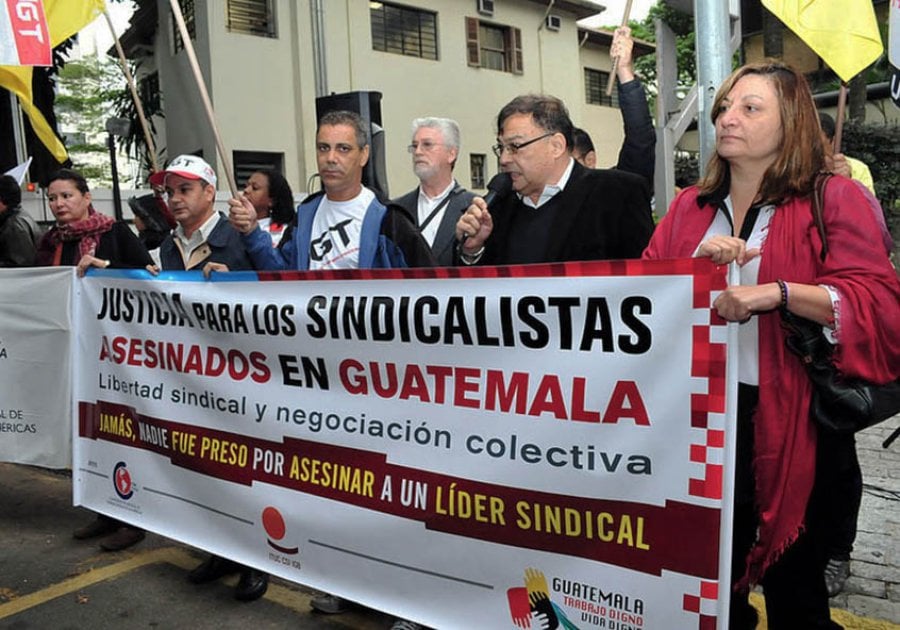Life in a violent country not just shorter but less predictable
6 February 2023 London School of Hygiene & Tropical Medicine London School of Hygiene & Tropical Medicine https://lshtm.ac.uk/themes/custom/lshtm/images/lshtm-logo-black.png
How long people live is less predictable and life expectancy for young people can be as much as 14 years shorter in violent countries compared to peaceful countries, according to new research published in Science Advances.
The study reveals a direct link between the uncertainty of living in a violent setting, even for those not directly involved in the violence, and a ‘double burden’ of shorter and less predictable lives. According to the research, violent deaths are responsible for a high proportion of the differences in lifetime uncertainty between violent and peaceful countries. But the researchers found that the impact of violence on mortality goes beyond lives lost to violence as those left behind face uncertainty about who will be next.
Lead author Dr José Manuel Aburto from Oxford's Leverhulme Centre for Demographic Science and the London School of Hygiene & Tropical Medicine said: “What we found most striking is that lifetime uncertainty has a greater association with violence than life expectancy. Lifetime uncertainty, therefore, should not be overlooked when analysing changes in mortality patterns.”
Using mortality data from 162 countries, and the Internal Peace Index between 2008-2017, the study shows the most violent countries are also those with the highest lifetime uncertainty. In the Middle East, conflict-related deaths at young ages are the biggest contributor to this, while in Latin America, a similar pattern results from homicides and interpersonal violence.
Lifetime uncertainty was ‘remarkably low’ between 2008-2017, in most Northern and Southern European countries. In high-income countries, reduced cancer mortality has recently helped to reduce lifetime uncertainty. But, in the most violent societies, lifetime uncertainty is even experienced by those not directly involved in violence, in particular magnifying pre-existing structural patterns of disadvantage for women.
According to the report, lower life expectancy is usually associated with greater lifetime uncertainty. In addition, living in a violent society creates vulnerability and uncertainty – and that, in turn, can lead to more violent behaviour. Countries with high levels of violence experience lower levels of life expectancy than more peaceful ones. The researchers estimated a gap of around 14 years in remaining life expectancy at age 10 between the least and most violent countries. They noted that in El Salvador, Honduras, Guatemala and Colombia the gap in life expectancy with high income countries is predominantly explained by excess mortality due to homicides.
This article is based on an original press release from Oxford University's Leverhulme Centre for Demographic Science. Read the full story.
Publication
Aburto et al., A global assessment of the impact of violence on lifetime uncertainty. Science Advances. DOI: 10.1126/sciadv.add9038
Further information
Photo: 2013 protest in Guatemala at the murder of trade unionists. Credit: PSI.
LSHTM's short courses provide opportunities to study specialised topics across a broad range of public and global health fields. From AMR to vaccines, travel medicine to clinical trials, and modelling to malaria, refresh your skills and join one of our short courses today.